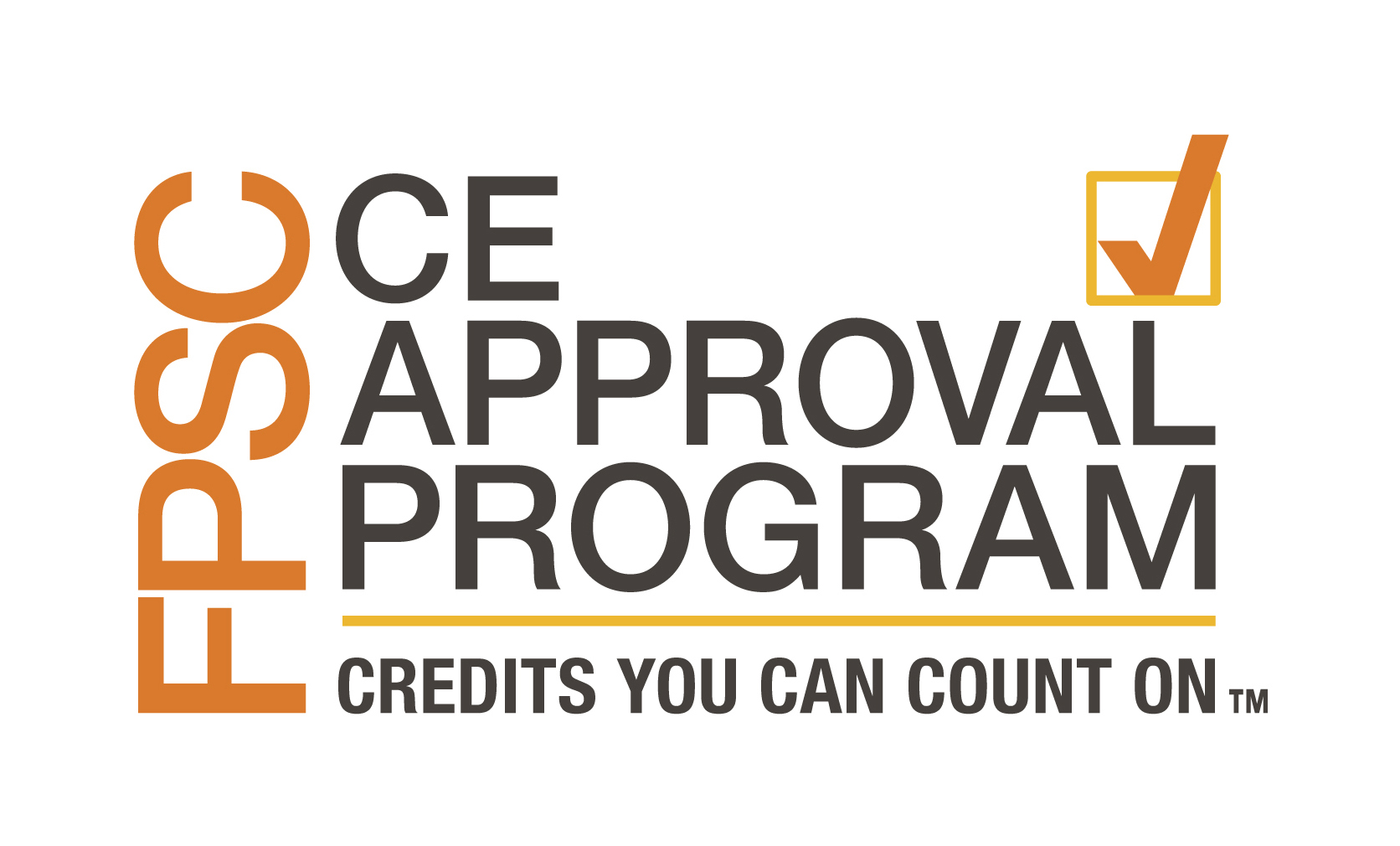July 22, 2010 | Leslie Scrivener | thestar.com
Intelligence shouldn't be 'something children have' but `something we can help them cultivate'
Which is better: to be born smart or to learn how to get smart?
As many high school students deal with end-of-semester exams, we spoke to Carol Dweck, a Stanford University professor of psychology who believes we might not be doing our kids a favour by telling them how intelligent they are.
"I'd like parents and educators to transform their view of intelligence from something children have to something we can help them cultivate," says Dweck, whose research spans three decades. Her most recent book, Mindset: The New Psychology of Success, is out in paperback this month.
People have different views of their own intelligence, and this can affect the way they learn and how they handle setbacks in school. Can you tell us what you have learned about these views?
Some students view their intelligence as a fixed trait: They believe they have only a certain amount and that's that. When students have this view, they want to show that they are smart and will avoid tasks that might reveal deficiencies. Other students have a "growth" mindset: Intelligence is something they can develop through their own efforts and education. The students who have this view are much more excited about taking on challenges, because that will lead to learning.
How do we tell if our children have a "fixed" or "growth" mindset?
We assess that by asking students to agree or disagree with statements like this: "Your intelligence is something very basic about you that you can't really change." That's a fixed mindset. But if a student says, "Everybody, no matter who they are, can change their intelligence a lot," that's a growth mindset.
You researched grade-five pupils over a period of 10 years and found that those who were praised for hard work performed better than those praised for intelligence. Why did you do this?
It was the height of the self-esteem movement. When we took a poll, 85 per cent of parents said we must praise a child's intelligence to give them confidence and motivation.
We took fifth-grade students and gave them problems from a non-verbal IQ test. After the first 10 problems, we praised their intelligence: "Wow, you must be really smart at this." For others, we praised effort: "Wow, you must have worked really hard."
When we asked what kind of task they wanted to do next, the majority of them (with fixed mindsets) wanted easy tasks they could do well. But those kids praised for effort, the huge majority wanted a challenging task. Then we gave them all extremely difficult questions. Those praised for being smart lost their confidence. "Those are hard, I must be dumb." They lost interest in the tasks, and their performance really suffered, even when we went back to easier problems, while students praised for effort remained confident, and engaged and their performance increased fairly dramatically. This was on an IQ test. . . those praised for effort became smarter.
Have we done our children a disservice by showering them with praise, calling them "gifted"?
If we want to call them gifted, we have to convey that gifted means if you work hard, you have enormous potential. We have to be very careful not to make it sound like you have been given a gift that will automatically make you successful, or you've been given a gift, and that's what we value you for.
We need to keep gifted kids challenged. (We need to) say we are pleased when they've struggled and worked hard and made mistakes, not when something comes quickly and easily.
At the core of this is how students respond to failure or a poor showing and how that reflects their own sense of self-worth. The ones deemed smart actually act defeatist, the opposite of what we might expect.
It makes them confident for a minute. As soon as it's something challenging, they are fragile, because they want to keep on looking smart and feeling smart and earning this label. They don't have a good way of coming back from failure. Students with a fixed mindset would study less – "if I don't have ability, what is studying going to do?" Then they'd try never to take course again, and would consider cheating. These were seventh-graders.
You've written that some students may be missing out on the "pleasure of effort."
Students in a fixed mindset think effort is for dummies. If you have ability, they believe you shouldn't need effort. It's a real negative, something unpleasant. I think this is why so many really bright kids stop working at school when it becomes difficult. They've been coasting along doing fine – this is what sets them apart from less able students. Suddenly effort is required and they don't want to do it and don't know how to do it.
You say that Mozart, Edison, Curie, Darwin and Cezanne were not simply born with talent; they cultivated it through tremendous effort.
I get a lot of letters from adults who were child prodigies who say they never learned to work hard. They never learned how to push themselves past their natural abilities. As a result they feel bitter and disappointed – some never graduated from college or found fulfilling careers. They feel cheated – that they were made a false promise. More research is showing that it's really about dedicated effort and passion. That's what leads to success. Talent has to combine with passion and effort to flower.
How can we teach our children the benefit of growth mindset, and the importance of effort?
There are a number of ways: Teach them that the brain isn't static, it's something that grows, that neurons form new connections every time we work hard and learn something new. This is so motivating to students. It changes the name of the game, from sitting with your brilliant, existing brain to really transforming your brain through your own efforts.
Parents and teachers can communicate that they value the process of learning – the effort put into learning more than things that come to you naturally and easily.
Parents can sit around the dinner table and talk about mistakes. What mistake did you make today that you could learn from? It becomes a value – what did you struggle with today?
What advice do you have for students as they face exams?
Remember, no test measures your inherent ability or potential – only what you know or can do now. So study hard and study smart, but if you are disappointed in your grade, do something: Go over your test individually with the teacher and ask what further things you can do to enhance your learning. Meet with a student who did well and try to learn from that student. Join a study group. When we study the most successful students, we see that they are often not the ones who started out the best or who had the highest "natural" ability. They are the ones who took charge of their learning.






Follow SUI